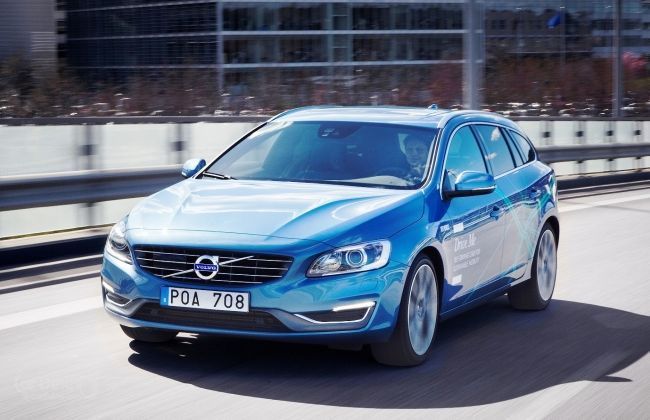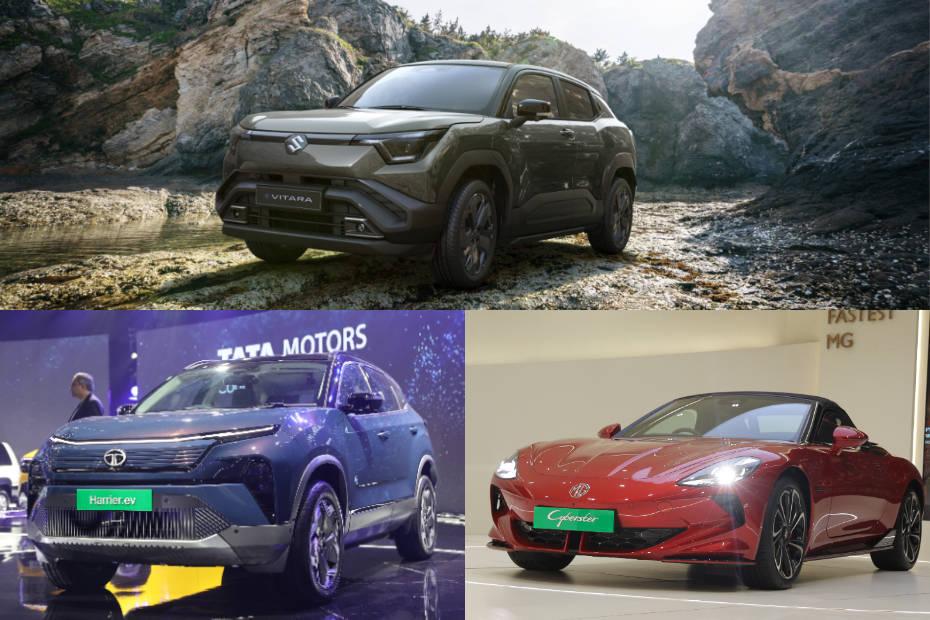Volvo's first self-driving Autopilot cars being tested on public roads in Sweden
Modified On May 02, 2014 06:01 PM By Bala Subramaniam
- Write a comment
Volvo has started testing its self-driving cars on public roads in Sweden. Volvo’s Drive Me project features 100 self-driving Volvo cars driving around the Swedish city of Gothenburg. The ‘Drive Me’ project is unique in the way that it involves all the key players like legislators, transport authorities, a major city, a vehicle manufacturer and real customers. The roads selected for the project reflect typical commuter characteristics including motorway conditions and frequent queues and the customers will drive the 100 cars approximately 50 kilometres on these roads.

“The test cars are now able to handle lane following, speed adaption and merging traffic all by themselves. This is an important step towards our aim that the final ‘Drive Me’ cars will be able to drive the whole test route in highly autonomous mode. The technology, which will be called Autopilot, enables the driver to hand over the driving to the vehicle, which takes care of all driving functions,” says Erik Coelingh, Technical Specialist at Volvo Car Group.
He also said, “That Volvo Cars’ hometown Gothenburg becomes the world’s first arena for self-driving cars in everyday driving conditions demonstrates both our technological leadership and Sweden’s dedication to pioneering the integration of self-driving vehicles.”

Endorsed by the Swedish government, ‘Drive Me – Self-driving cars for sustainable mobility’ is a joint initiative between Volvo Car Group, Swedish Transport Administration, Swedish Transport Agency, Lindholmen Science Park and the City of Gothenburg.
“This public pilot will provide us with a valuable insight into the societal benefits of making autonomous vehicles a natural part of the traffic environment. Our smart vehicles are a key part of the solution, but a broad societal approach is vital to offer sustainable personal mobility in the future. This unique cross-functional co-operation is the key to a successful implementation of self-driving vehicles,” says Erik Coelingh.

Volvo Cars has also tied up with Chinese Ministry of Transport's Research Institute of Highway (RIOH), Tongji University, Chalmers University of Technology and the Swedish companies ÅF Technologies and Autoliv to start a close-up study of driving behaviour in Beijing and Shanghai. Ten Volvo S60Ls will be equipped with numerous cameras to monitor the driver and the surrounding traffic while the car-integrated sensors will also collect information on safety and driver support systems. This will give an insight of how drivers handle exceptionally busy traffic environments and will help in developing safety systems to avoid accidents. Real customers will drive these cars during the 10 month test period starting this month.















